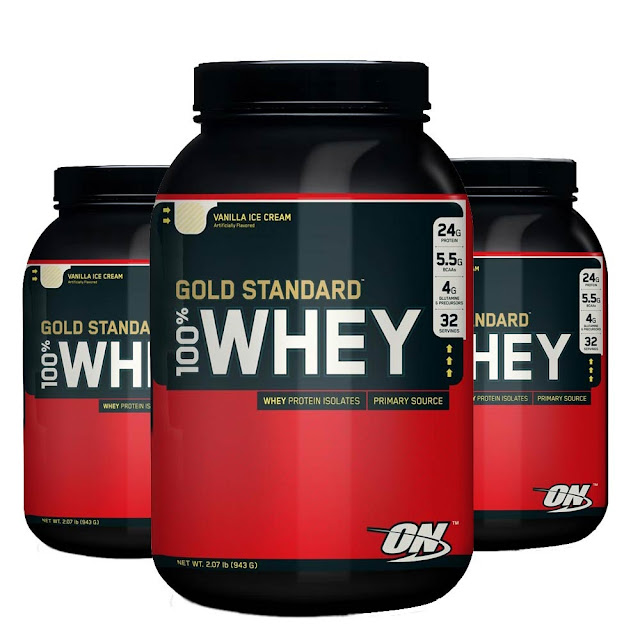The word bodybuilding conjures up images in the brain of large men with ripped chests, buffed arms, washboard abs, lean legs, and all that. On another note, it also conjures up images in the brain of various gym supplements including first and foremost, Whey Protein.
Whey Protein is the most commonly used gym supplement for bodybuilders and those interested in going to the gym to build up muscles. It is also the most commonly known supplement. Little, however, is known about it. Bodybuilders take it because of its effects and recommend it to their friends.
What is Whey Protein?
Whey is basically the liquid component of cow’s milk left over in the process of cheese making. It contains many things including proteins, peptides, fat, water, salts, and milk sugar. Whey protein is a powder that is extracted from whey and contains high quality proteins, which means it is rich in amino acids. The composition of whey protein gives it the highest biological value of all proteins. Biological value means that a good amount of the protein that is taken in is effectively used by the body.
What is the Use of Whey Protein?
Contrary to popular belief, whey protein has many uses aside from being an effective gym supplement. It is used for immune support, overall health, diabetes care, and even for cancer. Whey protein, however, is best known and used in sports nutrition and is favored by many athletes and bodybuilders.
What Are the Effects of Whey Protein on the Body?
With all the hype that bodybuilders and athletes cause from their use of Whey protein, many have asked, what the effects are of the supplement in the body. Whey protein, with its protein value, is perfect for building muscles, building strength, and faster recovery especially under stress such as from exercise. Whey protein has been known to increase lean muscle mass, decrease recovery time, increase muscle repair time, reduce muscle breakdown post-workout, and increase the body’s metabolic rate
Are there Any Side Effects To Whey Protein?
Whey protein has no documented adverse effects on the bodybuilder or athlete. It has, however, been a cause of milk allergies due because of its cow’s milk origin and because it is a by-product of cheese. Digestive issues have also been documented with the use of whey protein, similar to the effects of dairy on the digestive system.
What are the Different Kinds of Whey Protein?
There are different types of whey proteins and they are classified into three namely, concentrate, isolate, and hydrolysate. The most common of the three are the concentrate and isolate. Most whey proteins in the market are available in these forms. Whey protein isolates have the disadvantage of being more expensive compared to whey protein concentrates. Its advantage is that is it the purest form of whey protein available. Whey protein concentrates are well-priced compared to isolates but contain more carbs and fat and also more calories from fat. Both are still good for muscle building because of its high amino acid composition.
Some of the best brands of whey protein isolates include the following: All The Whey Fat Free Whey Protein Isolate, Dymatize ISO-100 Isolate, and Zero Carb IsoPure. Whey protein concentrate brands that are popular in the market include Elite Gourmet Whey Protein, CNP 100% Whey Protein, and NOW Foods Whey Protein.
















0 comments:
Post a Comment